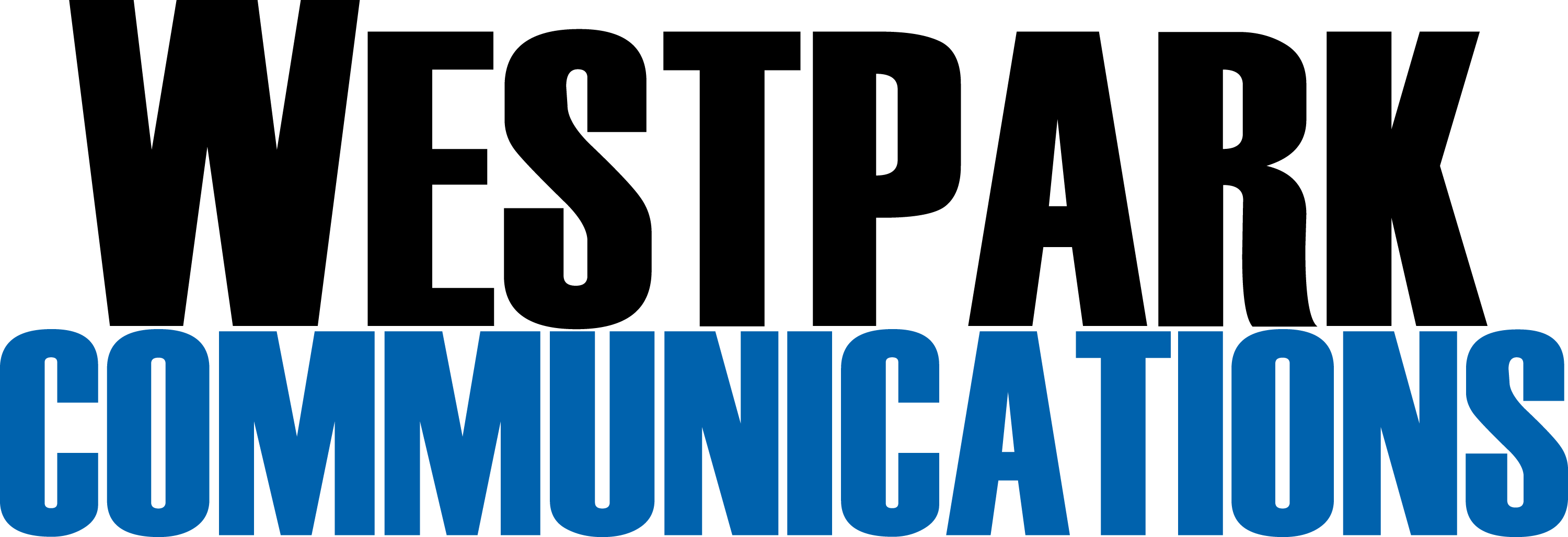When it comes to retail efficiency, multi-channel retailing is the business model that ensures your customers get what they need by offering multiple purchase options for your product. An example of this might be a clothing store that has a brick-and-mortar retail store, an online shop, and a mail-order catalog. In the communications industry, multi-channel refers to the different methods by which a call center ensures your clients can have their voices heard.

With phone, email, web chat, and text services available, a multi-channel call center is one which is capable of handling any form of communication that a company or professional might need to be handled for them. This is important because it comprises such a company’s customer service, and as such, it needs to be as robust and accessible as possible.
The benefits of such a business model are numerous. It allows for greater customization, more room for expansion, and overall higher customer satisfaction. Ensuring multiple channels are available for a customer to choose from is also a response to the modern world of consumer freedom, in which a change to a company’s call center services can usually be made with a few simple clicks.
Multi-Channel Reporting
Having multiple channels available to customers allows a profile to be developed regarding which channels are used most and by whom. This means services can be tailored to be more heavily weighted towards the channels that are most important to each customer specifically. A professional individual, such as a lawyer or a doctor, for instance, may require phone services to a much greater degree than web chat, whereas a large retail company will likely find the opposite.
Scope
The scope of a multi-channel communications service is much broader than any one channel offers alone. By diversifying the methods of communication covered, a business immediately positions themselves as a global and agile leader in the industry. Single channels are often limited, either by pricing, time of day, physical location, or a number of other factors. By adopting a multi-channel strategy, a call center can avoid these problems right out of the gate.
More Options Leads to Customer Satisfaction
Customers of multi-channel retailing services will have their needs met sooner, more easily, and more often. Since there is more consumer freedom today than ever before, it makes sense that retailers and service providers should have to keep up by updating the way they do business. This is precisely the need which the multi-channel model addresses, and customers are certainly taking notice.
Omni-Channel Call Center Limitations
With an eye even further into the future, omnichannel retailing is growing rapidly. Rather than offering select individual services such as the phone, web chat, email, and text services, an omnichannel approach includes all of these and more in a single, unified software tool or algorithm. However, there is still a great deal lost in such an approach – such software is built to the call center’s specifications, not the processes of product businesses. Thus, a business choosing to outsource to an omnichannel call center must change their systems to adjust to their platform. Rather than losing the benefits of the multi-channel model, Westpark instead offers to integrate any in-house omnichannel systems our business customers may have with our own, while still retaining our individual services.
